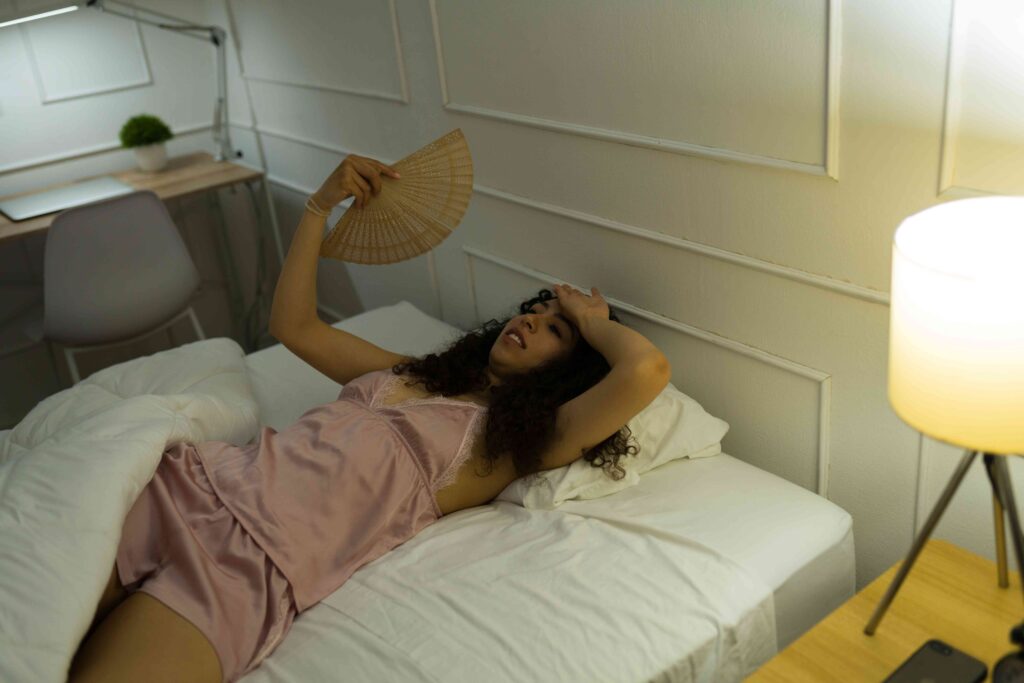
The summer is just getting started, and we are already feeling the heat. While this makes outdoor activities, like swimming and playing sports, a lot of fun, higher temperatures can make it more challenging to achieve quality sleep. In fact, warmer weather can affect your sleep apnea symptoms. Continue reading to learn more about this impact and what you can do about it.
The Effects of Heal of Sleep Quality
Research has shown that humans tend to get lower quality sleep when temperatures get higher. Higher temperatures and humidity levels can make it more difficult for you to fall asleep and stay in the deeper stages of sleep. This is partly because your body temperature drops when you drift off to sleep. When the air around you is too hot, your body needs to work harder to reach ideal sleeping condition.
While anyone can experience difficulties sleeping in hot temperatures, these issues can be even worse for those who have sleep apnea. Obstructive sleep apnea and higher temperatures can combine to significantly reduce quality of sleep, leaving you feeling exhausted.
How Can You Sleep Better When It’s Hot Out?
The ideal sleeping temperature for most people is between 60 and 67 degrees Fahrenheit. If you can, set your thermostat in that range before bedtime. If you don’t currently have A/C or need to limit your use of electricity, here are some ways that you can stay cool.
- Use a Fan: A properly angled fan can help you to feel cooler throughout the night.
- Choose Cooling Sheets: Pick out sheets that are made out of fabric that is designed to draw moisture away from your body, regulating your temperature.
- Pick a Comfy Mattress: You should pick a breathable mattress at your preferred firmness.
- Open Your Window: If you don’t have air conditioning, opening your window can help to increase airflow.
How Is Sleep Apnea Treated?
If you have sleep apnea, there are various treatment options available to help improve your quality of sleep. CPAP therapy involved wearing a mask attached to a machine that provides a constant flow of air to prevent the airway from collapsing. However, many people find this option to be bulky and uncomfortable. Alternatively, those with mild to moderate asleep apnea may find success with an oral appliance. This is a customized mouth splint that works by keeping your jaw in proper position to prevent the airway from collapsing.
Don’t let the summer heat take away from your quality of sleep. By using the tips listed above and seeking sleep apnea treatment, you can get the rest you need at night to thrive during the day!
About the Author
Dr. Joshua Kuykendall earned his Doctor of Dental Surgery (DDS) from the University of Oklahoma College of Dentistry. Currently, he is a proud member of the American Dental Association, Texas Dental Association, American Academy of Implant Dentistry, and the Greater Houston Dental Society. To learn more about sleep apnea treatment or to schedule an appointment at his office in Spring, visit his website or call (281) 353-9797.
